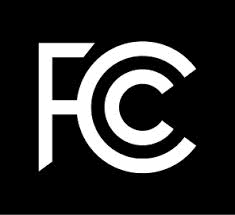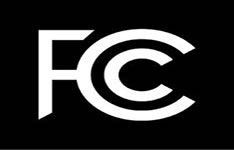On a consolidated appeal for purposes of disposition, the U.S. Court of Appeals for the Seventh Circuit recently affirmed the trial courts’ rulings denying class certification to lead plaintiffs who received faxed advertisements that allegedly did not comply with the Telephone Consumer Protection Act and the Federal Communication Commission’s Solicited Fax Rule. In so doing, the Seventh Circuit, relying upon the D.C. Circuit’s 2017 decision in Bais Yaakov of Spring Valley v. FCC regarding the validity of the FCC’s 2006 Solicited Fax Rule, concluded that class treatment was not a superior mechanism for cases involving unsolicited faxes, as the question of…
7th Cir. Upholds Denial of Class Certification in TCPA Cases Due to Individualized Issues of Consent






